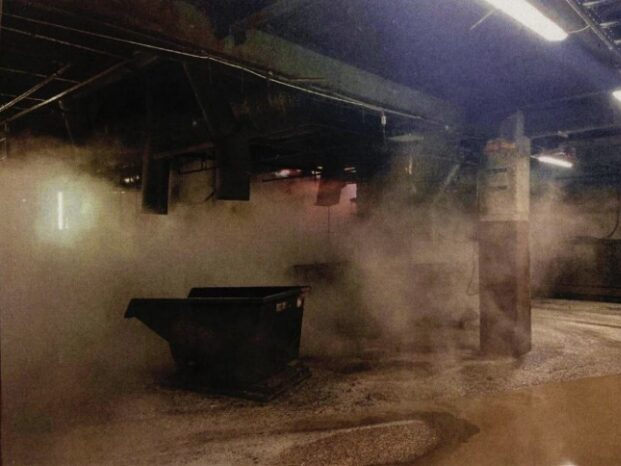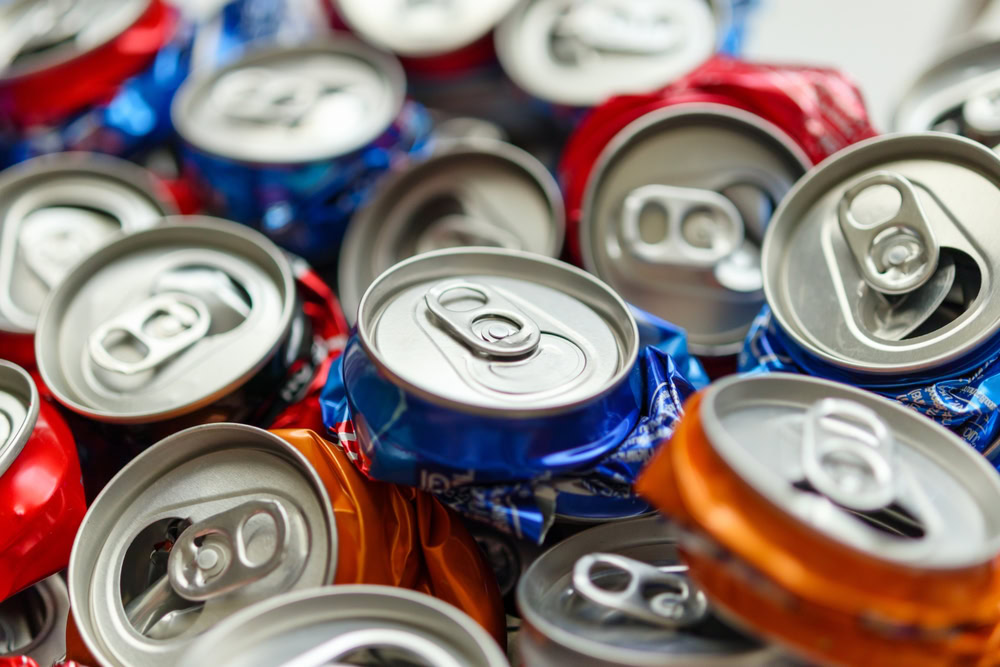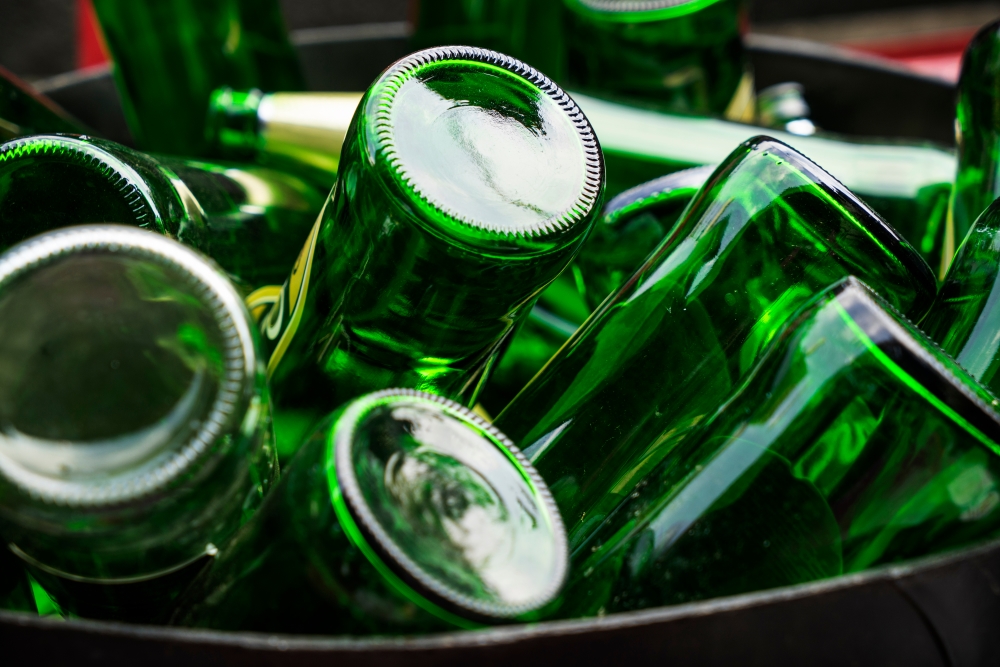A shortage of high quality clear cullet is seen as a key factor restricting future growth in use of the material in the making of new bottles and jars. Otherwise, collected material will end up being used for aggregates and other uses.
Data released this week shows that the bottle and jar makers used 742,000 tonnes of recycled glass in their production process, equivalent to a 35.5% recycled content.
But, further growth is likely to be restricted on three counts, says the British Glass Manufacturers Confederation based in Sheffield.
Rebecca Cooking, the confederation’s recycling manager, said: “Firstly, the UK is a net importer of glass packaging while most other major European countries are net exporters. Secondly, we produce mainly clear glass while most other major European countries produce much more green. Thirdly, our collection infrastructure is significantly different.”
Clear glass
The crunch issue for glass recycling is understood to be clear glass. The UK produces about 2 million tonnes of container (bottles and jars) glass a year with about 1.2 million tonnes of this as clear glass. However, while production of green and brown/amber glass can use a recycled content of up to about 80% recycled material, quality issues mean that a much lower recycled level for clear glass is the industry norm. One expert explained that to get to a 30% recycling content level for clear glass would be really good, because of the need to keep contamination to a minimum.
So, the glass industry could face a sticky time in coming years over meeting government targets derived from packaging waste regulations because of a shortage of clear recycled glass of a high enough quality. The Confederation also believes that mixed glass collection hampers the use of recycled glass by the industry because it causes more colour imbalance.
Now the industry is supporting attempts to encourage retailers to import wine in clear glass bottles. British Glass highlighted the work of the Waste and Resources Action Programme and retailers and said that persuading brandowners and retailers to import wine in clear bottles will help.
Jars
Some critics of the glass sector consider that the industry is still reluctant to pay sufficient sums for local authorities to put more effort into glass collections and that if this was to happen, more clear would be collected. In particular, efforts by the glass container industry to encourage the recycling of jars have fallen in recent years, one local authority expert said.
Quinn Glass
| Related links: |
Figures for the UK in 2006 are likely to change following the construction of a 70,000 sq m container glass manufacturing plant at Ince on Deeside in Cheshire by Quinn Glass which is now operational. The project has been supported by the North West Development Agency.
It is not yet known what the precise impacts of the plant will be in the bottle making sector but the facility is state of the art and has one of the largest warehouses ever built in the UK. The plant will also offer a new outlet for local authority material.







Subscribe for free